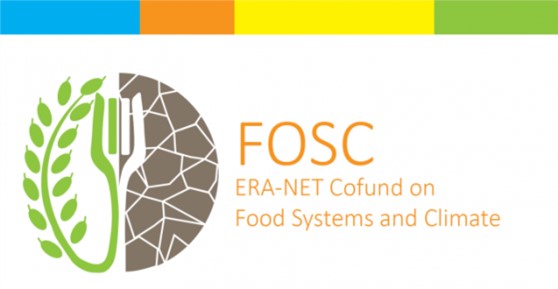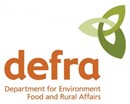
Blue-Cycling is an ERA-NET Cofund on Food Systems and Climate consortium with partners in Sweden, Norway, Germany, the Netherlands, the UK, Kenya and South Africa. The participation of the University of Greenwich is funded by Defra. The project runs from June 2021 to June 2024.
Blue-Cycling focuses on improving the circular economy of aquaponic food production by optimising waste and resource management. With wild capture fishery stocks continuing to decline, aquaculture will assume an increasingly important role as an efficient source of protein. Aquaponic systems take the dissolved nutrients from fish effluent and, utilizing microbes that break down the organic matter, convert the nitrogen and phosphorus into bioavailable forms for use by plants in the hydroponic plant unit. The plants, in turn, clean the water before it is returned to the fish. Thus aquaponics is a near-zero discharge technology that offers not only economic benefit from the co-production of fish and plants, but also significant reductions in environmentally noxious discharges compared with other freshwater aquaculture systems.
In aquaponics, the fish feed needs to fulfil the nutritional requirements of the fishes, the plants and the bacteria. To optimize the performance and cost-effectiveness of production, species-specific tailor-made feed may be optimized to suit the aquaponic system as a whole. Soya is the most used protein source in aquaculture feeds worldwide, and there is a pressing need to find deforestation-free alternatives, while fishmeal and fish oil are becoming increasingly limited in supply. Researchers at the University of Greenwich will therefore devise a range of feeds which are optimised for tilapia using alternative protein sources such as black soldier flies, mealworms and algae, investigate their palatability for the fish and their performance in relation to fish and plant growth, and assess their environmental impact compared with off-the-shelf feeds used in aquaponics.
Aquaponics is an adaptable technology, since farms can be situated in areas that are otherwise unsuitable for food production, such as in buildings and on rooftops where a synergy can be created between a farm and its host building by coupling the flows of the production process – heat, water, and CO2 – with those of the building, in order to close the waste, resource, and energy loops. University of Greenwich researchers will conduct environmental impact assessments of aquaponic system designs in different scenarios along three vectors – community/commercial, urban/periurban/rural, and northern/southern Europe – in order to draw up best practice guidelines.
Benz Kotzen & Sarah Milliken, School of Design

